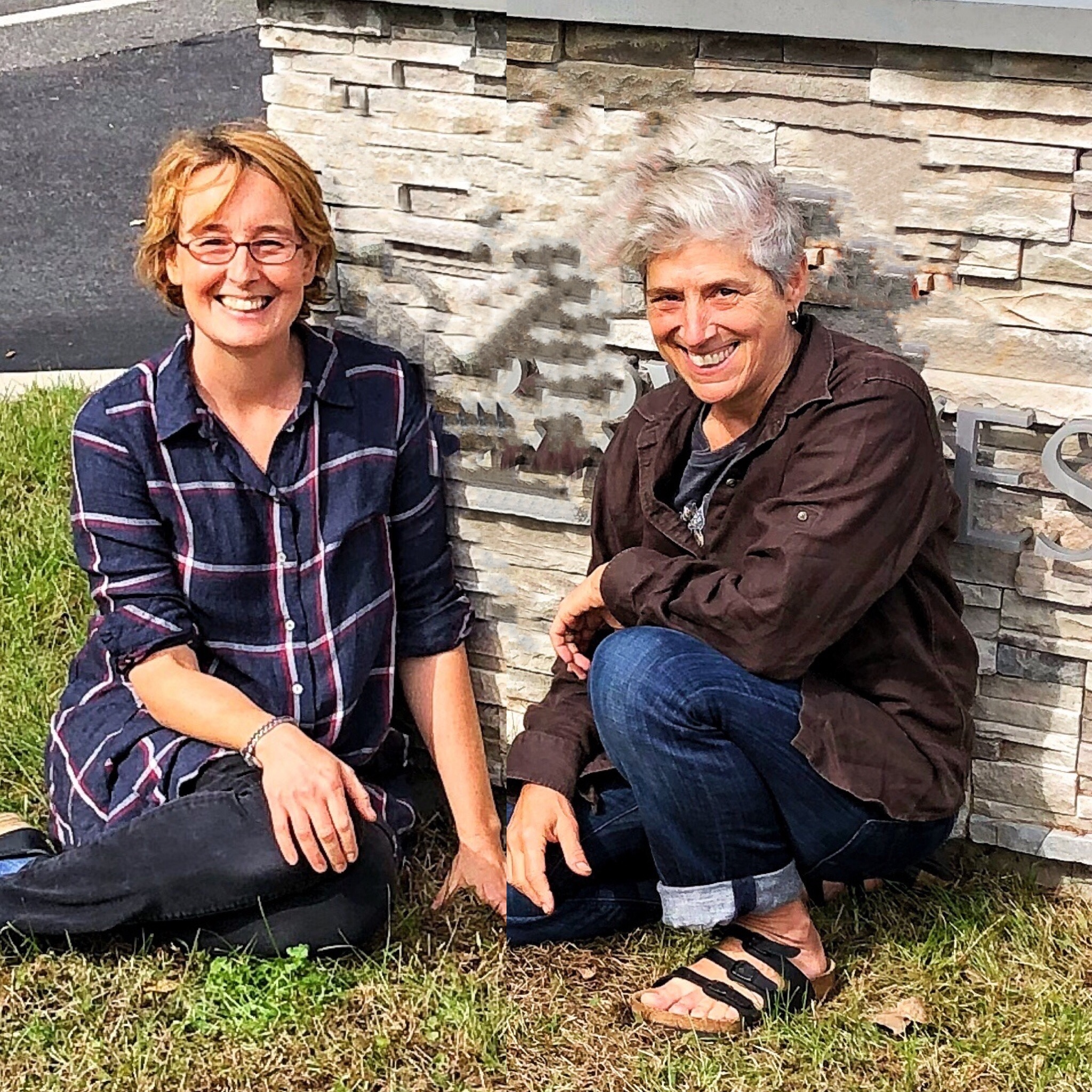Sadhana Yoga Service Project
Our mission is to support personal and social transformation through yoga for those impacted by addiction and incarceration, including correction officers, staff, and families.
Leader
Sondra Loring
Location
403 Warren Street Hudson, NY 12534
About the project
Sadhana Yoga Service Project
At Sadhana Yoga Service Project (SSP), we believe everyone deserves access to the healing benefits of yoga. This thought is our north star and why we started SSP - to make it a reality. We bring trauma-informed, mindfulness-based yoga and meditation to people impacted by trauma, addiction and incarceration. We have active programs running concurrently in the Hudson Valley, including prisons, recovery centers, and residential centers for young people. We offer programs to train interested teachers, in order to work skillfully with different populations. Our goal is to extend our reach and offer programs for families of those impacted by incarceration, initiate a book program, develop curriculum, and create a manual for best practices in teaching impacted families.
This project has exploded, as the need is great: we now teach yoga and meditation in ten different organizations in the Hudson Valley, and we have initiated the nation’s first yoga teacher training for women in a mandated recovery center. Our fundraising appeal to YOU is to raise money for program expenses, teacher training expenses, props and educational material for the students and for yoga instructor salaries.
The Steps
Our project is up and running! We have ten different programs running concurrently in the Hudson Valley, with requests coming in weekly with a need for our service of yoga and meditation.
We will continue to pay yoga teachers $35 per class plus transportation costs for these classes. Our aim is to raise this fee,
We will continue our training programs for teachers interested in trauma-informed and mindfulness-based yoga and meditation service work.
We will work with organizations to allocate funds from their budgets to sustain the program in their facility.
We will create a book program to send relevant books on transformation, yoga and meditation to men, women and young people in prison and recovery centers.
We will continue our yoga teacher training program in Meadow Run, a mandated recovery centers to empower women to be certified to teach yoga.
We will conduct research and gather statistics to apply for state and federal grants.
Why we‘re doing it
RECOVERY
It is estimated that one in three Americans suffer from some form of substance use disorder. Addiction is a chronic and progressive disease of the brain; characterized by an inability to abstain or control cravings, a failure to recognize problems with behaviors and interpersonal relationships, and a dysfunctional emotional response.
The accumulated costs to the individual, the family, and the community are staggering and arise as a consequence of many direct and indirect effects, including compromised physical and mental health, increased spread of infectious disease, loss of productivity, reduced quality of life, increased crime and violence, increased motor vehicle crashes, abuse and neglect of children, and health care costs.
BENEFITS OF YOGA FOR RECOVERY
- Improves flexibility, balance and strength
- Increases restful sleep, provides relaxation and increased energy
- Connects the body with the mind and the heart to better manage impulses and cravings
- Regulates stress & increases the capacity for impulse control
- Reconnects the body, mind, and spirit
- Promotes restful sleep and a calm mind
- Re-friends the body
JUSTICE
Throughout the United States, there is a growing recognition of the need for interventions that address the high rates of psychological stress and reduced wellbeing experienced by individuals within the prison system.
TRAUMA SENSITIVE YOGA PROGRAMS FOR YOUTH AND ADULTS
- Introduce the application of yoga as a lifestyle, on and beyond the mat
- Develop the whole person by increasing self-awareness and self-regulation
- Build awareness of mental patterns and how those patterns relate to behavior
- Provide practical tools for developing mindful solutions to difficult situations
- Encourage compassion toward oneself and others
- Manage deeply held, unresolved trauma
- Reduce stress, anxiety, and depression
- Increase performance in cognitive-behavioral tasks
- Increase social emotional learning
- Create community
Create space for individuals to come back in touch with their bodies, minds, and hearts

